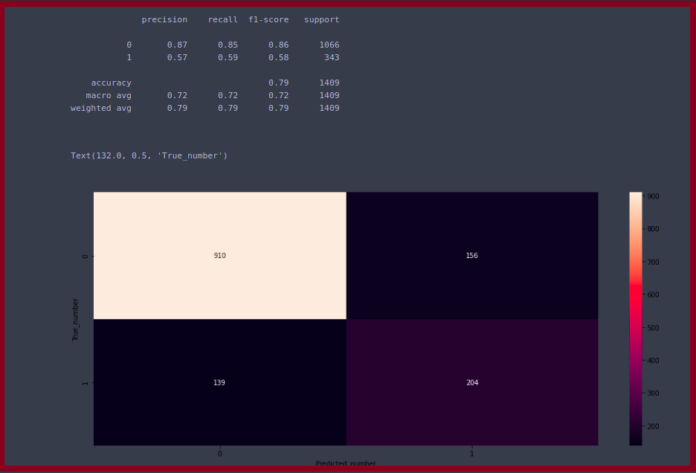How to Generate Unique IDs in Distributed Systems
7 Popular Approaches
Any distributed system that operates at scale often relies on unique ids.
For example, consider order tracking in e-commerce: each order placed by a customer is assigned a unique ID, allowing the system to track it through every stage—order processing, payment, shipping, and delivery.
But how do we generate these IDs in a way that’s fast, unique, reliable, and scalable?
In this article we’ll dive into 7 popular approaches to generate unique ids in distributed systems.
1. UUID (Universally Unique Identifier)
UUIDs, also known as GUIDs (Globally Unique Identifiers) are 128-bit numbers widely used for generating unique identifiers across distributed systems due to their simplicity and lack of dependency on a centralized source.

In this setup, each server can generate unique IDs independently.
UUIDs come in multiple versions:
-
UUID v1 (Time-Based): Uses timestamp and machine-specific information like the MAC address.
-
UUID v3 (Name-Based with MD5): Generated by hashing a namespace and name using MD5.
-
UUID v4 (Random): Uses random values for most bits, providing a high degree of uniqueness.
-
UUID v5 (Name-Based with SHA-1): Similar to v3 but uses SHA-1 hashing for stronger uniqueness.
The most commonly used version is UUID v4.
Format (UUID 4)
Example: 550e8400-e29b-41d4-a716-446655440000-
Randomness (122 bits): Most of the UUID is composed of random hexadecimal digit
(0–9 or a–f). -
Version (4 bits): The third block’s first character is always
4, identifying it as a version 4 UUID. -
Variant (2-3 bits): Located in the fourth block, it’s either
8,9,a, orb. It represents the variant and ensures that UUID follows the RFC 4122 standard.
Code Example (Python)
import uuid
# Generate a random UUID (version 4)
uuid_v4 = uuid.uuid4()
print(f"Generated UUID v4: {uuid_v4}")Pros:
-
Decentralized: UUIDs can be generated independently across servers.
-
Collision Resistance: With 128 bits, UUID v4 has a collision probability so low it’s practically negligible.
To visualize: Even if every person on Earth generated 1 million UUIDs per second, it would take over 100 years to have a 50% chance of a single collision.
-
Ease of Implementation: Most programming languages provide built-in libraries for generating UUIDs.
Cons:
-
Large Size: UUIDs consume 128 bits, which can be excessive for some storage-sensitive systems.
-
Not Sequential: UUIDs lack order, meaning they don’t play well with indexing systems like B-Trees.
UUIDs are ideal when you need globally unique IDs across distributed systems without central coordination and when order isn’t important (e.g., Order IDs in E-commerce, Session IDs for User Authentication).

